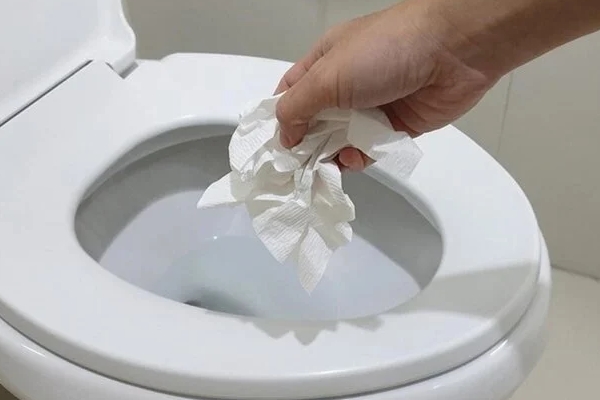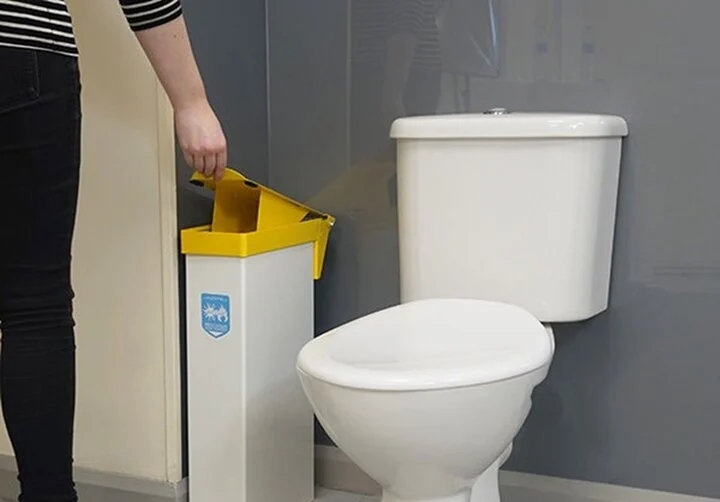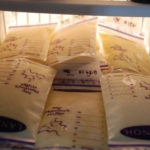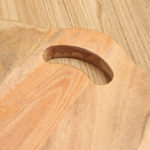The proper disposal of toilet paper is an important issue pertaining to personal hygiene, environmental protection, and maintaining a functional plumbing system.
Toilet Paper: To Flush or Not to Flush?
This seemingly simple question has a correct answer that depends on various factors, such as the type of toilet paper, the state of your plumbing system, and cultural habits of different regions.
Type of Toilet Paper
Toilet paper that is designed to disintegrate quickly can be easily flushed down the toilet without causing any significant issues. These types of toilet paper are usually thinner and more susceptible to breaking down, thus reducing the likelihood of clogging pipes. If you use this kind of toilet paper, feel free to flush it away. Reputable brands often clearly state the disintegration qualities of their product on the packaging. However, this type of toilet paper tends to be more expensive, making it less accessible to everyone.

Whether to flush or not to flush toilet paper also depends on its quality. (Image: Timesofmalta)
On the other hand, cheaper toilet paper is often thicker or multi-layered, making it less prone to disintegration. Disposing of this type of toilet paper by flushing can lead to clogged pipes and drainage issues. In this case, it is wiser to dispose of it in a trash bin to avoid plumbing and hygiene problems.
Plumbing System
Modern plumbing systems, especially in developed countries, are typically designed to efficiently handle toilet paper disposal. These systems are equipped with larger, more robust pipes, as well as advanced wastewater treatment facilities capable of breaking down toilet paper. In such systems, flushing toilet paper is perfectly acceptable and is often the norm.
In contrast, many areas, particularly in developing countries or rural regions, may have older or inadequate plumbing systems that are not designed to manage large amounts of toilet paper. Smaller pipes that are more susceptible to clogging, coupled with a lack of efficient wastewater treatment, make flushing toilet paper a significant risk.
In these cases, disposing of toilet paper in a trash bin is the safer option to prevent clogging and hygiene issues.
Habits and Culture
In many countries, especially Western nations like the United States and most of Europe, flushing toilet paper is a common and encouraged practice. Their plumbing and wastewater treatment systems are typically designed to handle toilet paper without any problems.
On the other hand, in many Asian countries, including Vietnam, disposing of toilet paper in a trash bin is more prevalent. This is largely due to plumbing systems that are not equipped to handle toilet paper, as well as cultural habits of avoiding potential clogging issues.

By now, you probably have an answer to the question of whether to flush or bin your toilet paper. (Image: Stackexchange)
So, should you flush or bin your toilet paper? You can decide based on the information provided. If you have a good plumbing system and use easily disintegrating toilet paper, flushing is the most convenient and hygienic option, as it eliminates the need for frequent trash bin emptying and reduces odors caused by bacterial growth.
However, if you use non-biodegradable toilet paper or have a poor plumbing system, flushing can lead to costly clogs and repairs. In this case, binning your toilet paper and maintaining regular trash disposal is the better choice.
According to VTC News
8 Common Mistakes People Make with Cutting Boards
Are you using your cutting board correctly? Many Vietnamese households rely on cutting boards in their kitchen, but not everyone knows how to use them properly, especially when it comes to wooden cutting boards. Check out these 8 mistakes to avoid when using a cutting board to ensure both hygiene and safety for everyone in your family.






































